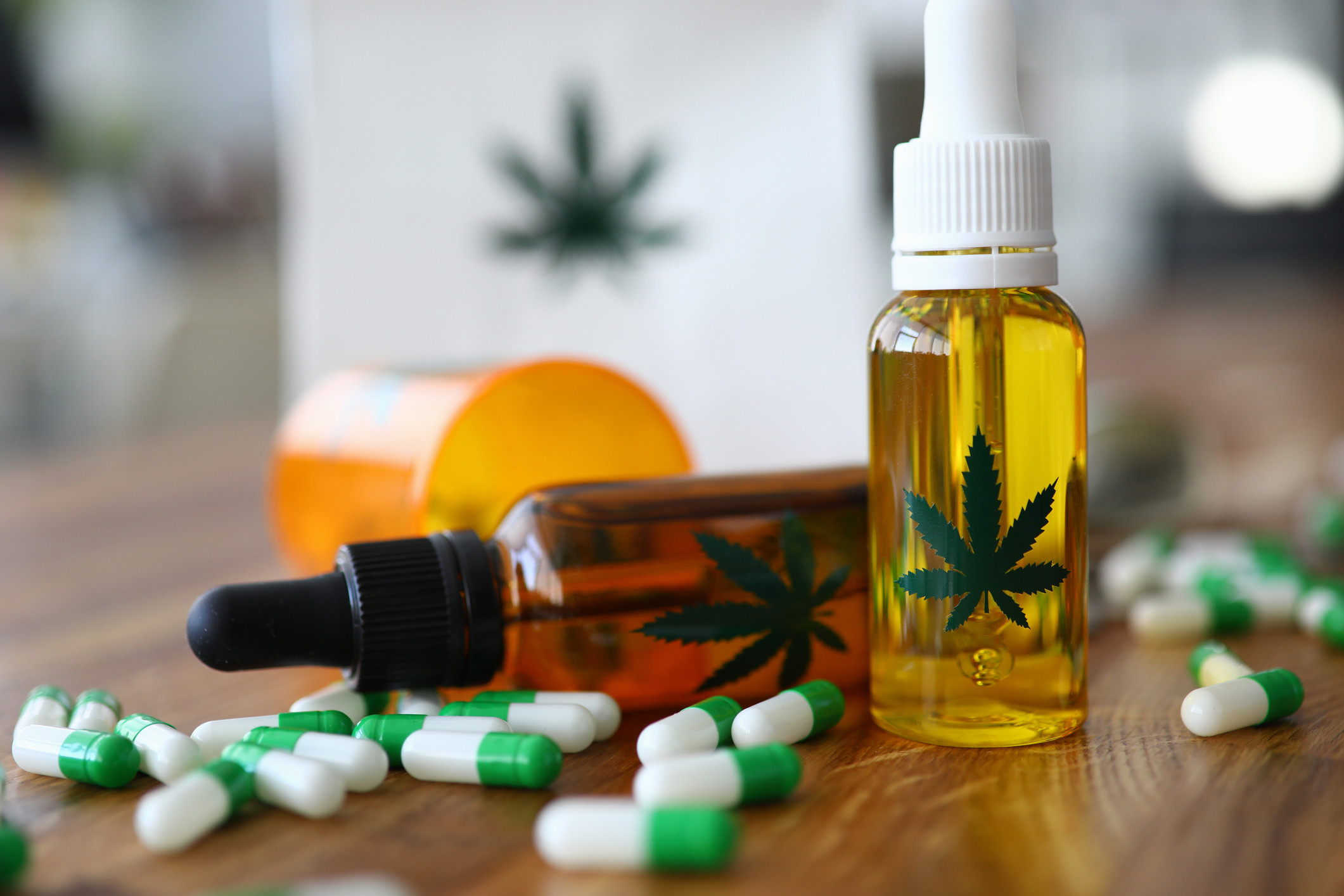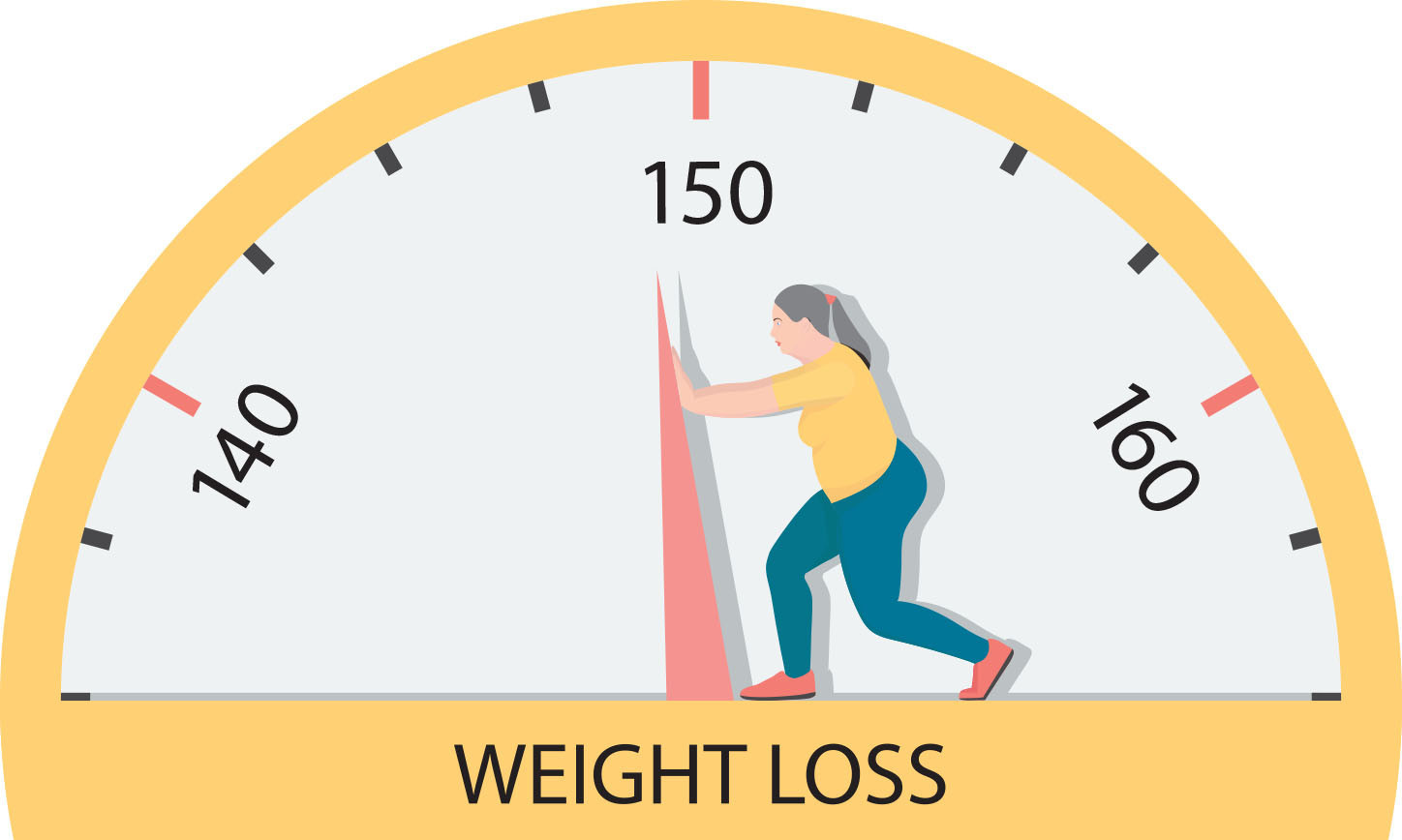
5 timeless habits for better health

What are the symptoms of prostate cancer?

Is your breakfast cereal healthy?

When pain signals an emergency: Symptoms you should never ignore

Does exercise give you energy?

Acupuncture for pain relief: How it works and what to expect

How to avoid jet lag: Tips for staying alert when you travel

Biofeedback therapy: How it works and how it can help relieve pain

Best vitamins and minerals for energy

Should you take probiotics with antibiotics?
Medications Archive
Articles
Will these surprising factors really raise your blood sugar?
Learn what will and won't increase blood sugar levels and put your health in jeopardy.
It's essential to keep your blood sugar from spiking (rising suddenly), whether you're healthy or you're among the 122 million Americans who have diabetes or prediabetes. But with all the conflicting advice in circulation, it can be hard to figure out what foods and habits you need to avoid.
Bogus claims
On the Internet you'll find many reports of factors that purportedly increase blood sugar. Here are a few claims that you should know about because they just don't hold up.
Statin side effect could be due to the "nocebo" effect
In the journals
People who are worried about statins because of possible side effects may experience what's called the "nocebo effect" when they try taking the drugs. This is the opposite of the placebo effect; with the nocebo effect, people who have negative expectations about medicine or a treatment experience harmful symptoms they otherwise wouldn't have.
Researchers recruited 60 people, average age 66, who had previously stopped statins after two weeks because of side effects. For one month each, they took 20 milligrams of atorvastatin (Lipitor), a placebo, or no pill. They then continued this monthly rotation for a year without knowing which pill was which.
CBD and other medications: Proceed with caution
Tips to keep lost weight off in the New Year
Work with your body, not against it, for long-term weight maintenance.
For many people, their New Year's resolutions include some sort of weight-loss goal. However, while extra pounds often come off, evidence shows they rarely stay off. Among overweight or obese people who are able to lose 10% of their body weight, just one in six is able to maintain the weight loss for at least a year.
Experts say it's not surprising that weight loss rarely sticks, considering what they now know about how the body works. "Most people believe that obesity is caused by overeating, while we now recognize that the main driver of obesity is one or more disruptions in the body's normal regulation of the amount of fat we maintain," says Dr. Lee Kaplan, an associate professor of medicine at Harvard Medical School and director of the Obesity, Metabolism, and Nutrition Institute at Massachusetts General Hospital.
An unexpected benefit of better blood pressure control?
New findings challenge the widespread belief that aggressive blood pressure treatment may trigger a condition linked to fainting and falls.
When doctors treat older people with high blood pressure, they often worry about a condition that causes blood pressure to plummet when a person stands up from a seated or lying position. Known as orthostatic hypotension (hypotension means low blood pressure), it affects as many as one in five people ages 65 and older.
Because orthostatic hypotension can make you feel dizzy or lightheaded after standing, it may lead to fainting and falls — with possibly serious repercussions. This concern leads some doctors to ease up on prescribed blood pressure medications. But a new study suggests that practice actually might do more harm than good.
General anesthesia does not appear to increase dementia risk
In the journals
Because older adults often experience temporary changes in memory and thinking after having general anesthesia, they may worry that it increases their risk of dementia. A recent study should help put their minds at ease. Researchers found no association between the type of anesthesia and dementia risk, according to findings published online Oct. 6, 2020, by the Journal of the American Geriatrics Society.
The study looked at almost 7,500 people ages 66 or older without diagnosed dementia who underwent surgery requiring either general anesthesia (where you are unconscious) or regional anesthesia (where you are awake and the surgical area is numbed). The researchers included only people who had not had any previous surgery and stopped assessing those who had a second surgery later.
Reset your schedule, reset your health
Schedule shifts can hurt your health. The New Year is a great time to hit the reset button.
Throughout most of human history, the pattern of daily life was regular. Dreary for many, but regular. In recent centuries, "modern" life has introduced many irregularities, including changing work schedules. Advances in information technology mean that many of us are always connected — and that we spend time connecting at all hours. And the COVID-19 pandemic has introduced whole new irregularities into daily life.
One thing is certain: "When your schedule changes, you can lose the regular self-care routines that kept you active, eating right, and managing stress — things we need to control weight and inflammation and fight disease," says Dr. Monique Tello, a primary care physician and healthy lifestyle specialist with Harvard-affiliated Massachusetts General Hospital.
Certain foods and drugs may lower risk of colon cancer
In the journals
Colon cancer prevention involves following a healthy lifestyle — for instance, exercising and not smoking — and periodically getting a screening test such as a colonoscopy. But what impact do diet and medications have? A recent review of 80 statistical analyses published over the last 40 years explored this question. The review was published online Oct. 1, 2020, by the journal Gut.
Over all, the results were disappointing in that no specific drug, food, or supplement stood out in the body of evidence. Yet some of the reviewed studies did show a link between a lower risk of colon cancer and use of nonsteroidal anti-inflammatory drugs (NSAIDs) — such as aspirin, ibuprofen (Advil, Motrin), and naproxen (Aleve) —and a higher intake of fruits, vegetables, and fiber. But other studies did not.
Should you crank up your early allergy strategies this year?
Even if you're isolating to avoid COVID-19, it's still important to be proactive when it comes to allergies.
This is normally the time of year to think about taking medications to ward off spring allergies. Starting treatment about a month before the season (which begins in February in some parts of the country) gives the drug time to achieve its full effect and prevent symptoms.
But the pandemic may have you questioning that approach: is an early regimen necessary if you're isolating and you're not going outside very often? The answer is yes. "Even a short walk around the neighborhood, sitting on a patio, or simply opening the windows for fresh air could expose you to allergens," says Dr. Anna Wolfson, an allergist and immunologist at Harvard-affiliated Massachusetts General Hospital.
Why am I itchy all over?
The potential causes may be hard to pin down. Here are some of the most common ones — and what to do about them.
Sometimes it's easy to know why a particular part of your body is itchy. Maybe you have a bug bite, allergies, or a visible skin condition such as eczema. It's harder to know the cause when there's nothing obvious behind all-over, generalized itching. "It's the most common skin complaint in people over age 65," says Dr. Kenneth Arndt, a dermatologist and former medical editor of the Harvard Special Health Report Skin Care and Repair.
Potential causes
Generalized itching has many potential triggers. One is aging. "The skin barrier doesn't work as well as it used to, and things that may not have irritated you before may now be absorbed in the skin and cause itching," Dr. Arndt explains. "The skin also develops a somewhat impaired immune response, a reduction in fat and blood flow, and altered sensory perception, making it more prone to itching."

5 timeless habits for better health

What are the symptoms of prostate cancer?

Is your breakfast cereal healthy?

When pain signals an emergency: Symptoms you should never ignore

Does exercise give you energy?

Acupuncture for pain relief: How it works and what to expect

How to avoid jet lag: Tips for staying alert when you travel

Biofeedback therapy: How it works and how it can help relieve pain

Best vitamins and minerals for energy

Should you take probiotics with antibiotics?
Free Healthbeat Signup
Get the latest in health news delivered to your inbox!
Sign Up











